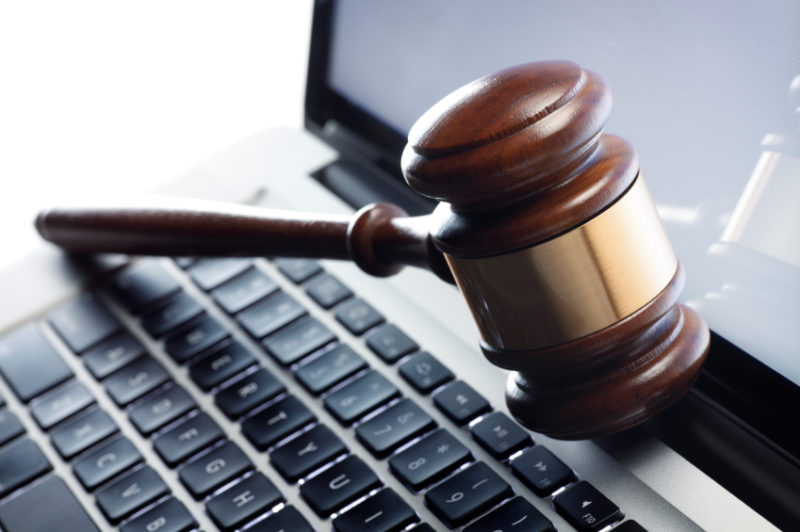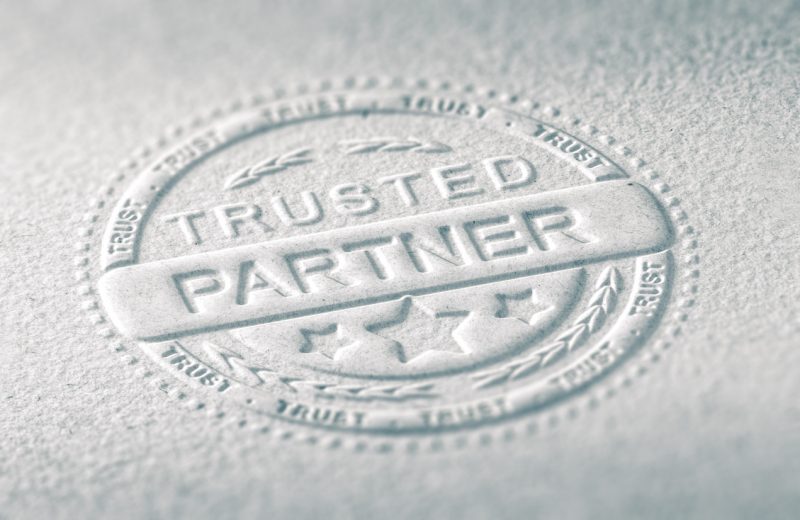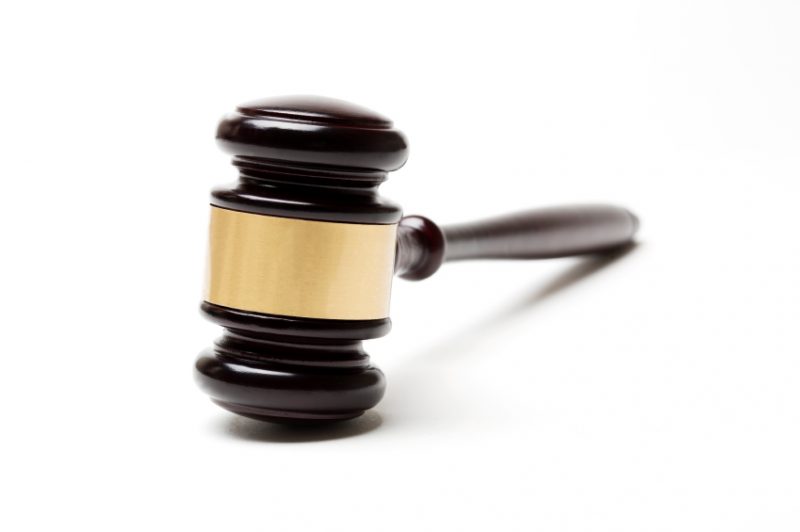
Despite frequent outcries about data breaches affecting millions of Internet users, U.S. citizens continue to have the lowest level of privacy protection in the world. Not surprisingly, the U.S. law governing online content is also outdated.
Our article, Right2Remove: Bringing the “Right to be Forgotten” to America, highlights the work of an important organization focusing on changing that. The issues it faces are nothing new.
A 2011 ruling in a New York City court of appeals that would still stand today illustrates why the law needs to be updated to reflect current Internet use.
The court dismissed a businessman for filing a suit against a competitor for consistently posting “false and defamatory statements of fact” online that were clearly intended to injure the claimant’s reputation.
The judge noted that the comments about the claimant were “unquestionably offensive and obnoxious,” but held that the defendants were protected under the Communications Decency Act, which shields Web site operators from liability when they publish and edit material that they did not create.
In plain English: nothing could stop the poster from continuing to publish libel that, were it in print, would probably make him the subject of a successful lawsuit.
We Support the Right to Be Forgotten
Situations like the one above influence reputations in a way that is unfair (and in our view, should not be legal). That is why establishing and maintaining a strong online reputation is an asset for individuals and businesses alike. It is also why an update of internet laws is far overdue.
We support the Right to Be Forgotten on Google. Increasing numbers of other concerned Americans are raising their voices to demand that option come to America, too. Why Americans Need And Deserve The Right To Be Forgotten, by security expert and Inc. columnist Joseph Steinberg, presents a compelling reason why it should. With Dan Shefet’s help, it will.
Dan Shefet is a Paris-based attorney who forced Google to remove links to defamatory information about him in 2014. The case made worldwide headlines and led to the Right to be Forgotten law in Europe, which allows citizens to request Google remove links to certain types of personal information about them online. He has since established the Association for Accountability and Internet Democracy (AAID) Its goal is to to make search engines legally responsible for the information they publish. Dan’s goal is to establish a chapter of AAID in the U.S. You can learn more about his views in our interview with him: Dan Shefet: Creator of the Internet’s Ombudsman.
Related reading: An Attorney’s Advice for Removing Negative, Defamatory and Infringing Material from the Internet.









